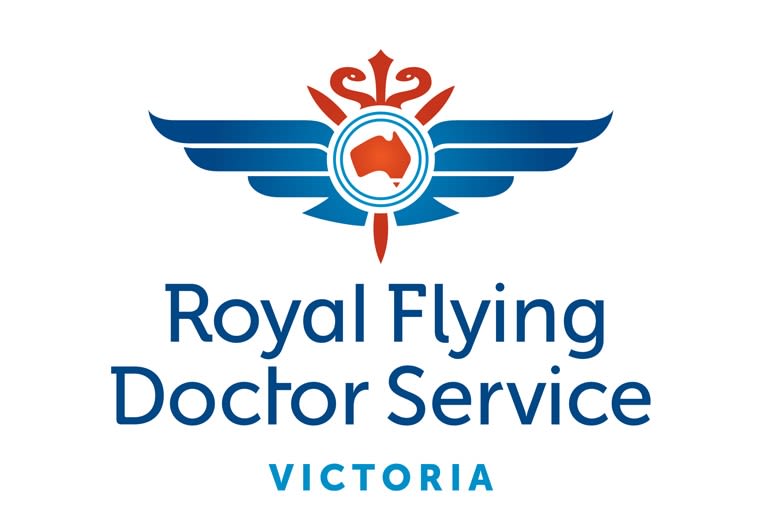Keeping an eye on Victoria's optical health
Prioritising your eye care can be an easy thing to put into the too-hard basket when you live hours from the nearest optometrist. However, the Flying Doctor’s Mobile Eye Care clinic is helping to break down these barriers.
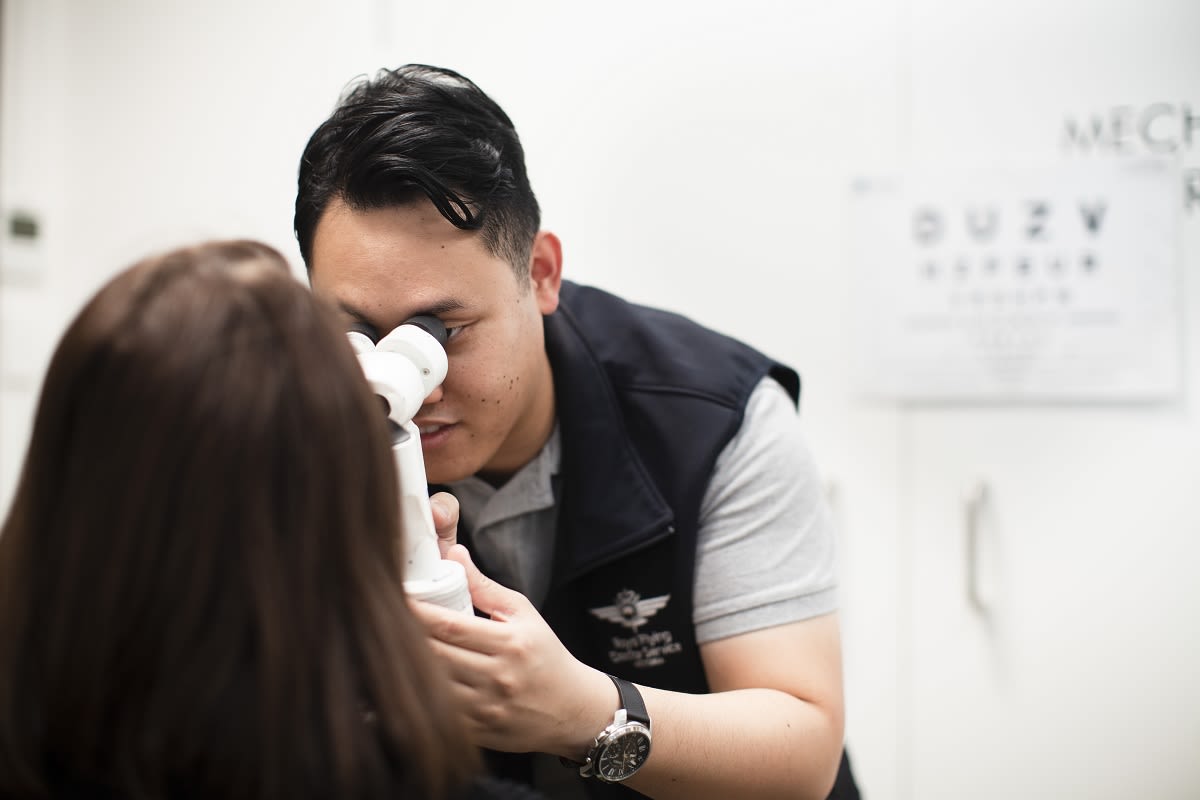
Working with RFDS Victoria’s Mobile Eye Care clinic comes with a number of perks. First and foremost, there’s the knowledge that you are visiting Victorian communities with very limited access to optometrists, and you’re therefore providing a truly vital service.
However, there are a number of other benefits to working out on the road: for example, you get to travel to all corners of the state and immerse yourself in the unique character of Victoria's many rural communities.
“I managed to snag up a meat tray in Donald at a raffle, and then tried my luck at bingo,” laughs Flying Doctor optometrist Austin Tang, who recently spent a week in the communities of Birchip and Donald.
“A perk for me [of working with the Mobile Eye Care clinic] is being able to see more of the countryside. I didn’t grow up in Victoria, and I haven't really spent much time here. So I try to soak in what I can of the towns I visit. It makes the experience more authentic in a way.”
Despite missing out on a bingo win, Austin’s trip to Victoria's Buloke Shire was a resounding success, as he was able to provide 33 locals with routine eye care assessments – which are of critical importance, when you consider how much vision loss is impacted by a lack of access to care.
I
The inequality of vision loss
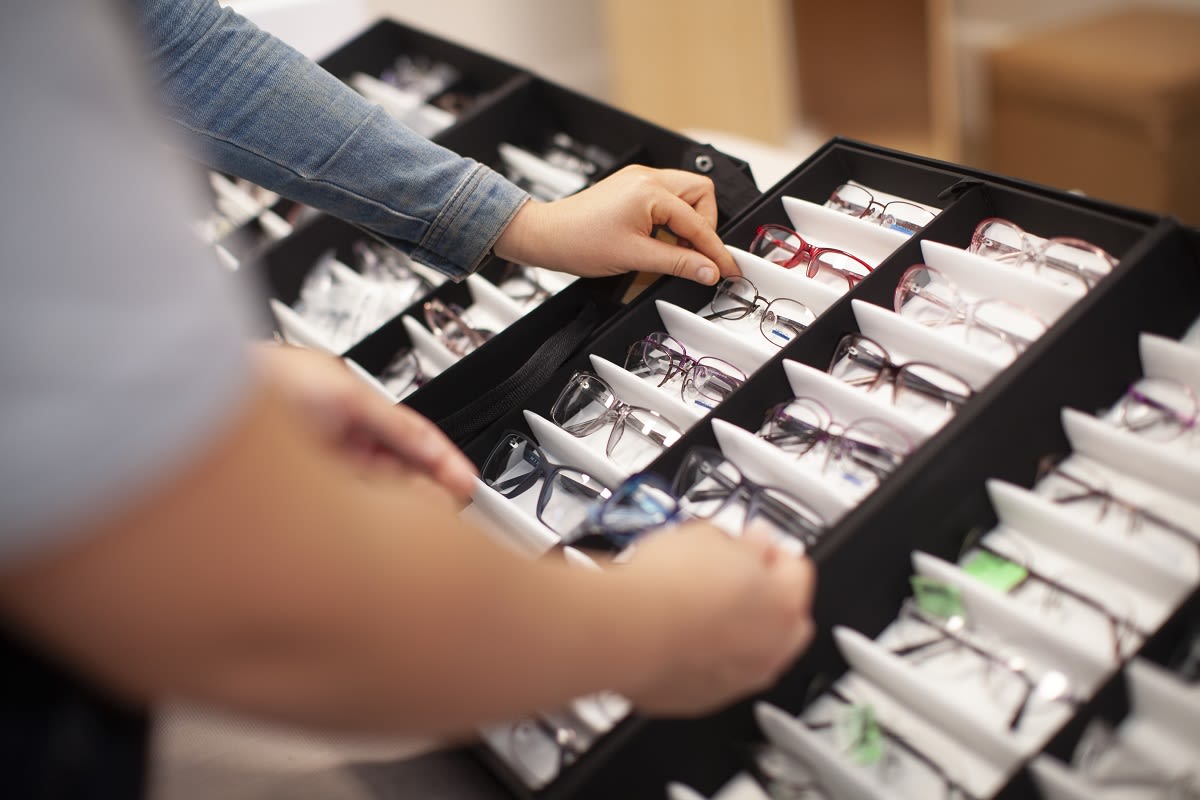
According to the International Agency for the Prevention of Vision Loss (IAPB), 1.1 billion people globally live with vision loss. Of these people, almost 600 million can’t see things clearly in the distance (known as “short sightedness”, or “nearsightedness”), while 510 million can’t see things clearly up close (known as “long sightedness”, or “farsightedness”).
Troublingly, these rates of vision loss are growing, with 1.7 billion people predicted to be experiencing vision loss by 2050. With the scale and approach of existing eye care delivery in many regions around the world already insufficient to meet current population needs, this will only worsen in the future.
While people of any age can be impacted by vision loss or impairment, older adults are impacted in greater numbers, and according to the World Health Organisation (WHO), this loss can have severe impacts on quality of life. For example, adults with vision impairment often have lower rates of workforce participation and higher rates of depression and anxiety, with vision impairment also contributing to social isolation in older adults, as well as a greater likelihood of early entry into nursing or care homes.
In Australia, adults over 50 years of age are more greatly affected by vision impairment, with the five main conditions responsible for this impairment being uncorrected refractive error (which refers to being long or short sighted), cataracts, age-related macular degeneration, diabetic retinopathy and glaucoma. Notably, two thirds of Australians wear prescription glasses, 13% wear prescription contact lenses and 31% wear prescription sunglasses.
Now, consider this: more than 90% of all blindness and moderate or severe vision impairment (MSVI) is preventable or treatable.
The key hurdle to equality in eye health is access to eye care.
While there is thought to be little difference between the prevalence of refractive error in urban and rural areas, other variables do contribute to the quality of eye health of Australia’s rural communities. For instance, regional and rural areas typically contain greater proportions of people over the age of 50, meaning that there are naturally higher rates of age-associated eye health issues in these areas, such as glaucoma and cataracts.
For towns like Birchip and Donald that don’t have a permanent public optometrist, locals need to travel long distances to towns like Bendigo to access routine eye care. These distances make it hard to prioritise your eye health, as a checkup can sometimes require you to take a day off work, which is not always feasible, or you may not be able to drive, which makes the journey simply impossible.
It is because of this inequality to eye care access that RFDS Victoria, in partnership with the Australian College of Optometry (ACO), launched its Mobile Eye Care clinic in 2013, to ensure that distance was no barrier to good eye sight, and good eye health.
II
Taking eye care on the road
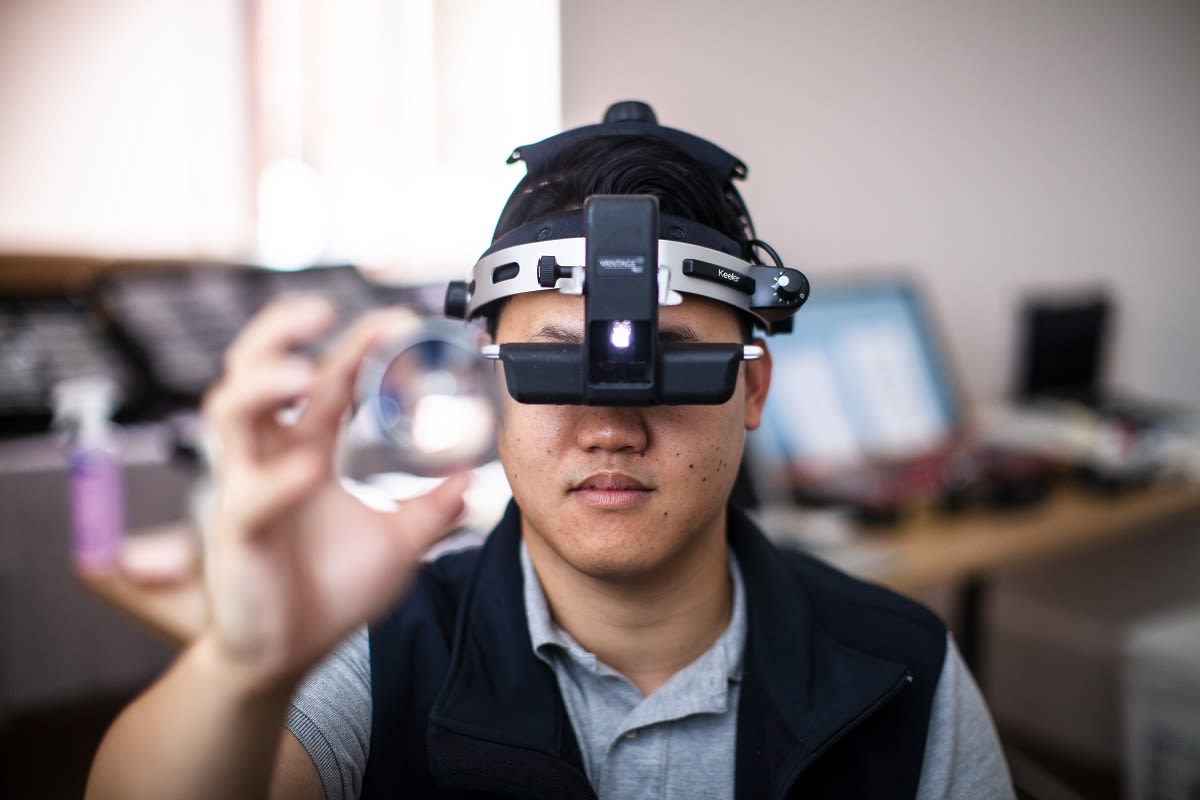
Austin Tang is a Melbourne-based optometrist working with ACO. As part of his role, Austin – and all other ACO-employed optometrists – have the opportunity to leave behind the main metro clinic every now and then and instead hit the road to work with the Flying Doctor Mobile Eye Care clinic to spend a few days in a rural community. As Austin explains, it’s a good way to mix things up.
“I was actually working in Broken Hill when I first graduated, and then moved to Dubbo a year after, so I spent a couple of my first years [as an optometrist] in the country,” says Austin, who is originally from Sydney. “By starting my career out in the country where services aren't as accessible, I [was able to] get some different experience.”
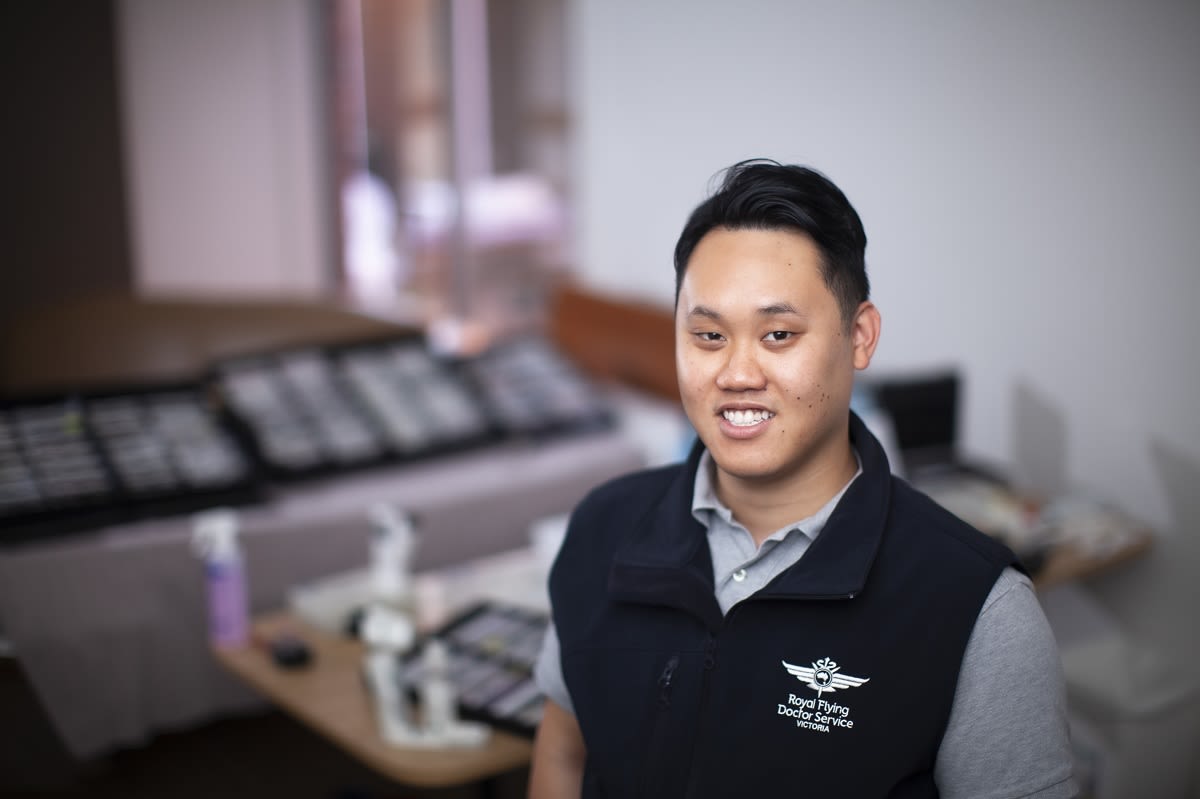
Flying Doctor optometrist, Austin Tang
Flying Doctor optometrist, Austin Tang
Austin’s time in the countryside certainly left an impression, because after moving to Melbourne to begin working with ACO, he jumped at the chance to work periodically with the Flying Doctor’s mobile clinic.
“I think living in a big city, we take access to eye care for granted,” says Austin, who noted that even though Broken Hill is more remote than Birchip and Donald in terms of being further from a capital city, there are more permanent services available there (including optometry), meaning health care is still more easily accessible than in Birchip and Donald.
“[That understanding] made the trip to the Buloke Shire quite rewarding,” says Austin. “Everyone was friendly, and they were highly appreciative of the fact that we have the ability to provide the service in town, instead of them having to drive a couple of hours away to see someone."
So, as fantastic as the meat raffle win was, Austin stresses that there are many other, more impactful benefits from working out in Country Victoria.
“Being able to practice in a different setting, and to provide care to people that really need the help, are big perks in this role.”
Of course, taking optometry out on the road comes with a certain amount of baggage – literally. Unlike RFDS Victoria's mobile dental clinic, which utilises fully-equipped dental vans, our Mobile Eye Care clinic instead operates out of local health services – and as anyone who has ever visited an optometrist knows, that’s a lot of gear to carry around.
In fact, on his recent trip to Donald and Birchip, Austin’s inventory consisted of the following:
- A retinoscope and ophthalmoscope
- An indirect ophthalmoscope
- A trial lens kit
- A portable lens meter
- A portable slit lamp microscope
- A tonometer
- A Snellen chart
- Two cases of spectacular frames, holding more than 100 frames
- A laptop
“It didn’t take that long to set up all the equipment, only like half an hour for both,” insists Austin. “So 15 minutes to set up, 15 minutes to pack up.”
There are limits to mobile clinics, and Austin notes that some cameras and scans are simply not portable in that way. However, even without those machines, he is still able to perform the routine eye assessments that are critically needed to ensure good eye health for all Victorians, no matter where they live.
“I think the challenge lies in the fact that because people in some rural areas can't access routine eye care, they're not really aware that their vision is deteriorating because they haven't had the opportunity for someone to assess their eyes every year or two,” says Austin. “Someone in an urban area, on the other hand, might have the opportunity to get that assessment more often, which means we can see some early signs of deterioration before it ends up being something quite advanced.”
The importance of the Mobile Eye Care clinic, therefore, is to ensure people can easily prioritise their eye health, and access the sort of routine care that everyone deserves.
And for Austin, if that means also getting some time to explore this beautiful state of Victoria – well, that’s just a bonus.
“I'm quite keen to continue doing more of this work,” says Austin. “Even just doing these trips once every month or two, I think definitely helps put things into perspective. And for people to be able to access care, it's definitely a better outcome for them.”
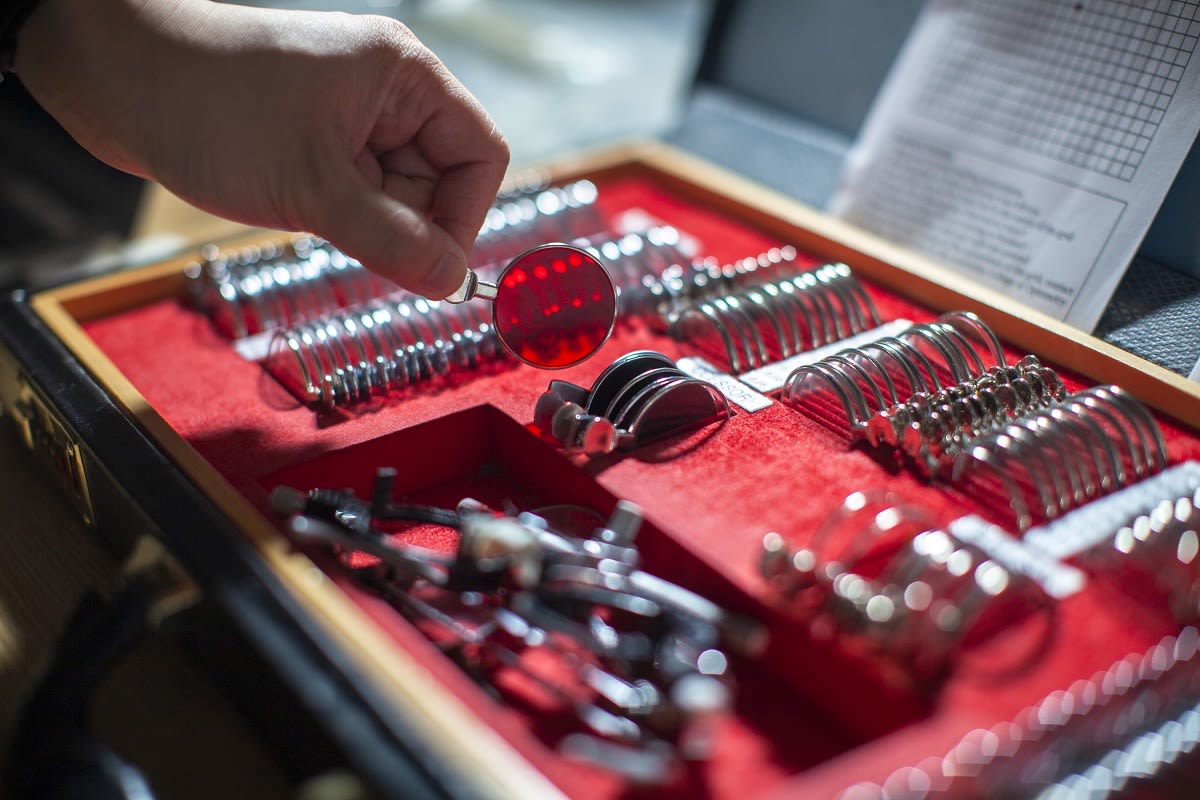
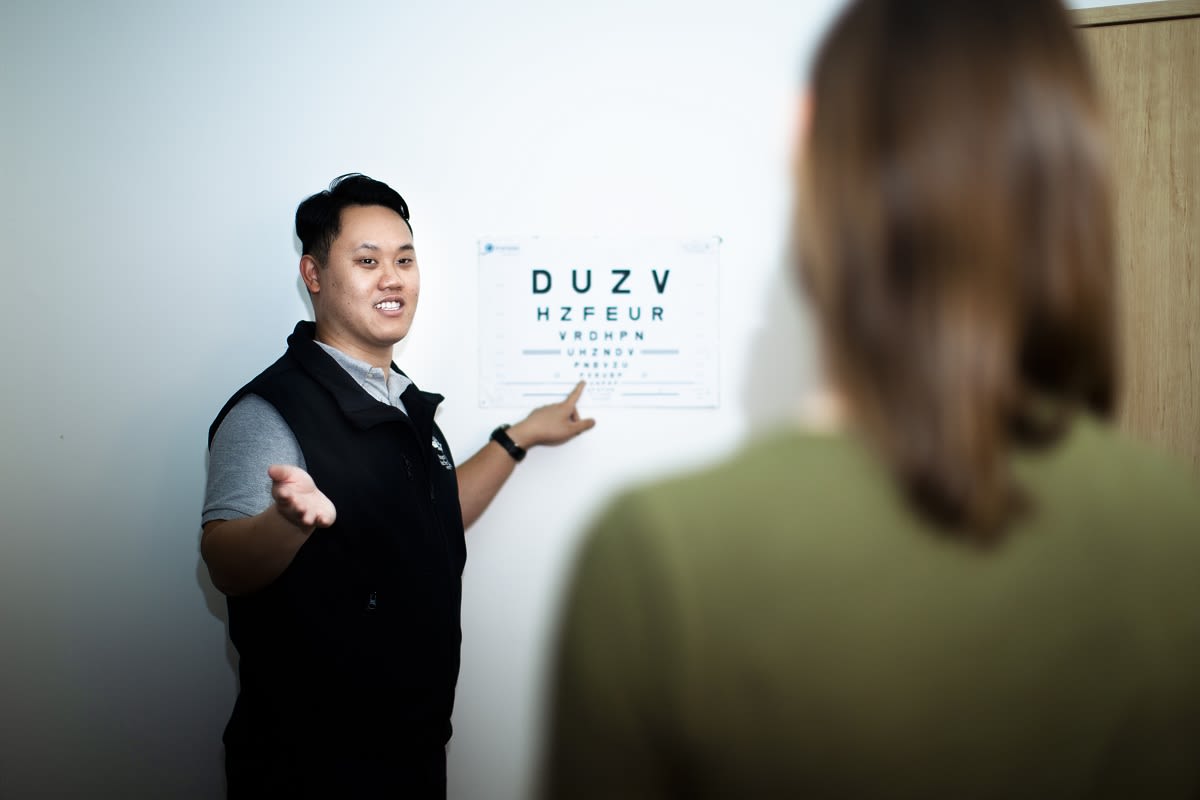
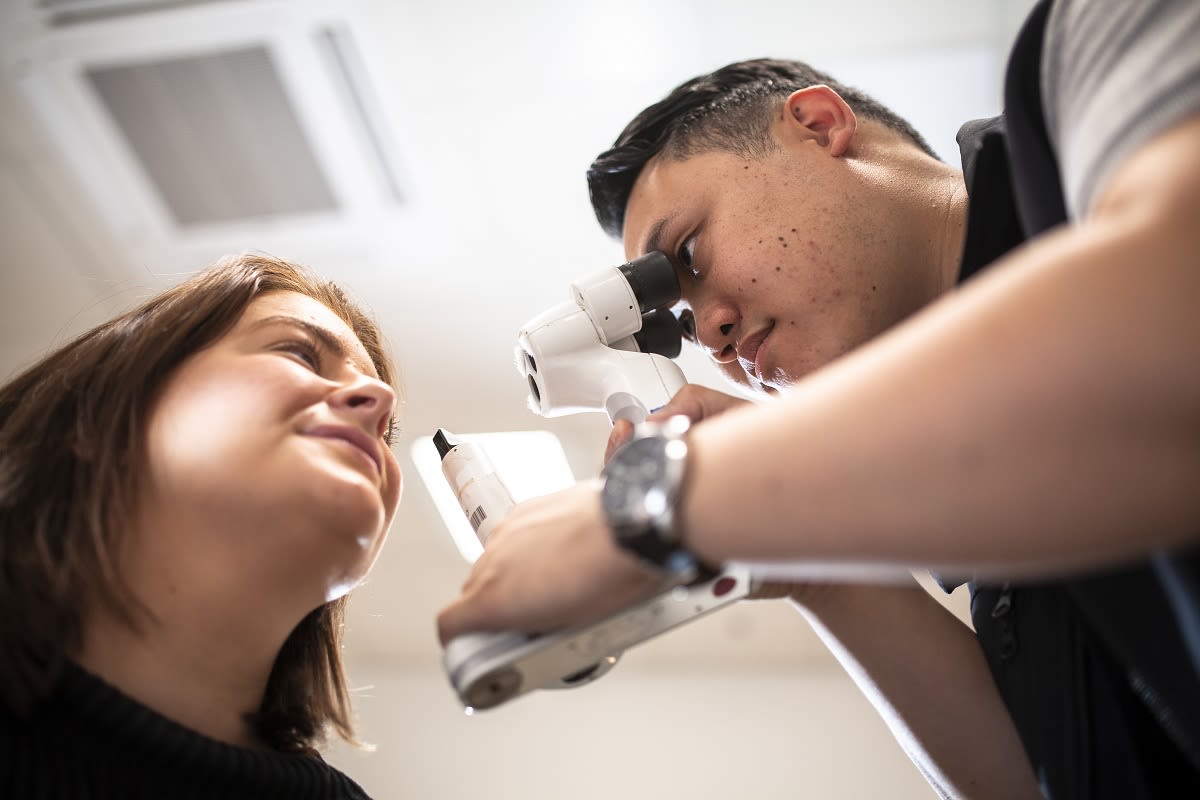
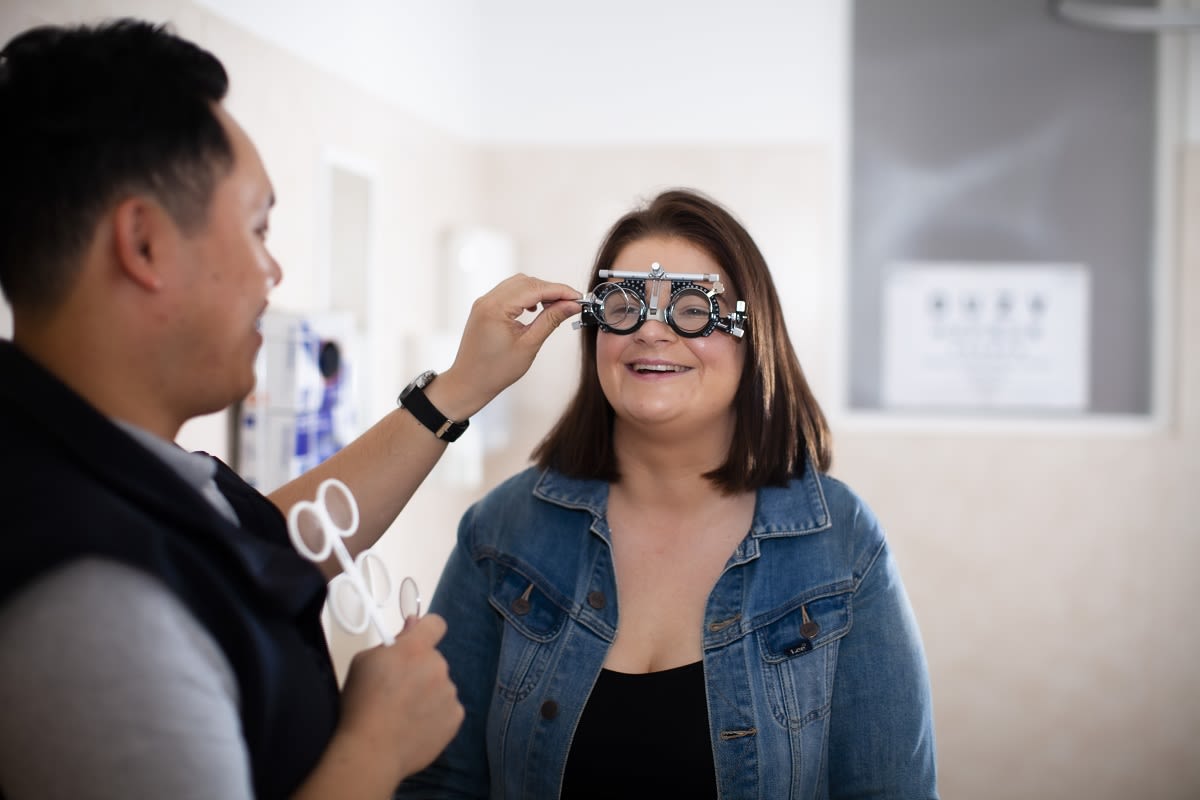
Austin Tang is a Melbourne-based optometrist working with ACO. As part of his role, Austin – and all other ACO-employed optometrists – have the opportunity to leave behind the main metro clinic every now and then and instead hit the road to work with the Flying Doctor Mobile Eye Care clinic to spend a few days in a rural community. As Austin explains, it’s a good way to mix things up.
“I was actually working in Broken Hill when I first graduated, and then moved to Dubbo a year after, so I spent a couple of my first years [as an optometrist] in the country,” says Austin, who is originally from Sydney. “By starting my career out the country where services aren't as accessible, I [was able to] get some different experience.”

Flying Doctor optometrist, Austin Tang
Flying Doctor optometrist, Austin Tang
Austin’s time in the countryside certainly left an impression, because after moving to Melbourne to begin working with ACO, he jumped at the chance to work periodically with the Flying Doctor’s mobile clinic.

“I think living in a big city, we take access to eye care for granted,” says Austin, who noted that even though Broken Hill is more remote than Birchip and Donald in terms of being further from a capital city, there are more permanent services available there (including optometry), meaning health care is still more easily accessible than in Birchip and Donald.
“[That understanding] made the trip to the Buloke Shire quite rewarding,” says Austin. “Everyone was friendly, and they were highly appreciative of the fact that we have the ability to provide the service in town, instead of them having to drive a couple of hours away to see someone.
So, as fantastic as the meat raffle win was, Austin stresses that there are many other, more impactful benefits from working out in Country Victoria.

“Being able to practice in a different setting, and to provide care to people that really need the help, are big perks in this role.”
Of course, taking optometry out on the road comes with a certain amount of baggage – literally. Unlike RFDS Victoria's Mobile Dental Clinic, which utilises fully-equipped dental vans, our Mobile Eye Care clinic instead operates out of local health services – and as anyone who has ever visited an optometrist knows, that’s a lot of gear to carry around.
In fact, on his recent trip to Donald and Birchip, Austin’s inventory consisted of the following:
- A retinoscope and ophthalmoscope
- An indirect ophthalmoscope
- A trial lens kit
- A portable lens meter
- A portable slit lamp microscope
- A tonometer
- A Snellen chart
- Two cases of spectacular frames, holding more than 100 frames
- A laptop

“It didn’t take that long to set up all the equipment, only like half an hour for both,” says Austin. “So 15 minutes to set up, 15 minutes to pack up.”
There are limits to mobile clinics, and Austin notes that some cameras and scans are simply not portable in that way. However, even without those machines, he is still able to perform the routine eye assessments that are critically needed to ensure good eye health for all Victorians, no matter where they live.

“I think the challenge lies in the fact that because people in some rural areas can't access routine eye care, they're not really aware that their vision is deteriorating because they haven't had the opportunity for someone to assess their eyes every year or two,” says Austin. “Someone in an urban area, on the other hand, might have the opportunity to get that assessment more often, which means we can see some early signs of deterioration before it ends up being something quite advanced.”
The importance of the Mobile Eye Care clinic, therefore, is to ensure people can easily prioritise their eye health, and access the sort of routine care that everyone deserves.
And for Austin, if that means also getting some time to explore this beautiful state of Victoria – well, that’s just a bonus.
“I'm quite keen to continue doing more of this work,” says Austin. “Even just doing these trips once every month or two, I think definitely helps put things into perspective. And for people to be able to access care, it's definitely a better outcome for them.”




For more information on the Flying Doctor’s Mobile Eye Care clinic, visit our website.

